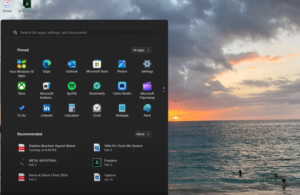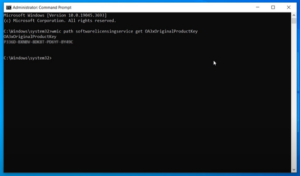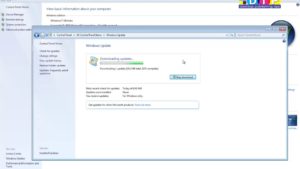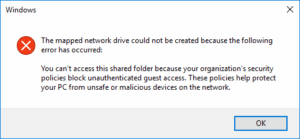Disabling unneeded services in Windows 11 can help enhance your computer’s performance by reducing the consumption of system resources. However, it’s crucial to approach this task carefully to avoid disabling essential services and causing system issues. This article outlines a detailed, step-by-step guide on how to identify and disable unnecessary services safely.

Why Disable Windows Services?
Services running in the background often consume resources like CPU and memory. By disabling services that you don’t use, you can reduce resource consumption, resulting in a smoother and faster system.
That said, disabling the wrong services can disrupt essential features like wireless connectivity, audio, or system stability. It’s vital to use common sense and tailor the process to your specific needs.
Steps to Safely Disable Windows Services
- Open the Services Panel
- Press
Windows + R, typeservices.msc, and hit Enter. - This opens the Services window, displaying all services available on your system.
- Press
- Sort Services Alphabetically
- Click on the “Name” column to arrange the services in alphabetical order for easier navigation.
- Identify Services to Disable
Carefully review the list of services and identify those you don’t use. Below are some common services that can be safely disabled, depending on your requirements: a. ActiveX Installer (AxInstSV)- Controls ActiveX for Internet Explorer, which is no longer supported.
- Right-click the service, select “Properties,” set the Startup type to “Disabled,” click “Stop,” then “Apply” and “OK.”
- If you’re not using drive encryption, this can be disabled.
- Disable this if you do not use Bluetooth devices.
- Disables offline maps, useful only if you rely on Windows Maps.
- Outdated for most users; disable unless used in an office environment.
- Supports IPv6 functionalities. Disable if you use IPv4 exclusively.
- If you don’t use Remote Desktop features, this can be disabled.
- Handles fingerprint and facial recognition. Disable if you don’t use these features.
- Disable Services
For each service:- Double-click the service to open its Properties window.
- Set “Startup type” to “Disabled.”
- Click “Stop” if the service is currently running.
- Click “Apply” and then “OK.”
- Review Before Disabling Critical Services
Exercise caution with services like:- Windows Update: Disable only if you manage updates manually.
- Windows Defender: Disable only if using a third-party antivirus program.
- Restart Your Computer
Once you’ve disabled unnecessary services, restart your computer to apply the changes.
Services to Avoid Disabling
Some services are essential for system functionality and should not be disabled:
- Windows Firewall: Provides security against unauthorized network access.
- Windows Audio: Required for sound playback.
- Print Spooler: Leave enabled if you use printers.
Important Notes
- Reversible Changes: All disabled services can be re-enabled. Simply set the Startup type back to “Automatic” or “Manual” in the Properties window.
- Tailored Approach: Not every service listed may be safe to disable for all users. Understand your system’s requirements before proceeding.
Conclusion
Disabling unnecessary Windows 11 services can lead to better performance and efficient resource usage. By following the steps outlined here, you can safely optimize your system without compromising essential functionality. Always proceed cautiously, and if unsure, leave the service enabled.
Tags: Windows 11 services, disable unnecessary services, optimize Windows performance, boost PC speed, Windows services management, safe to disable services
Hashtags: #Windows11 #PCPerformance #WindowsOptimization #DisableServices #TechTips #WindowsManagement



















